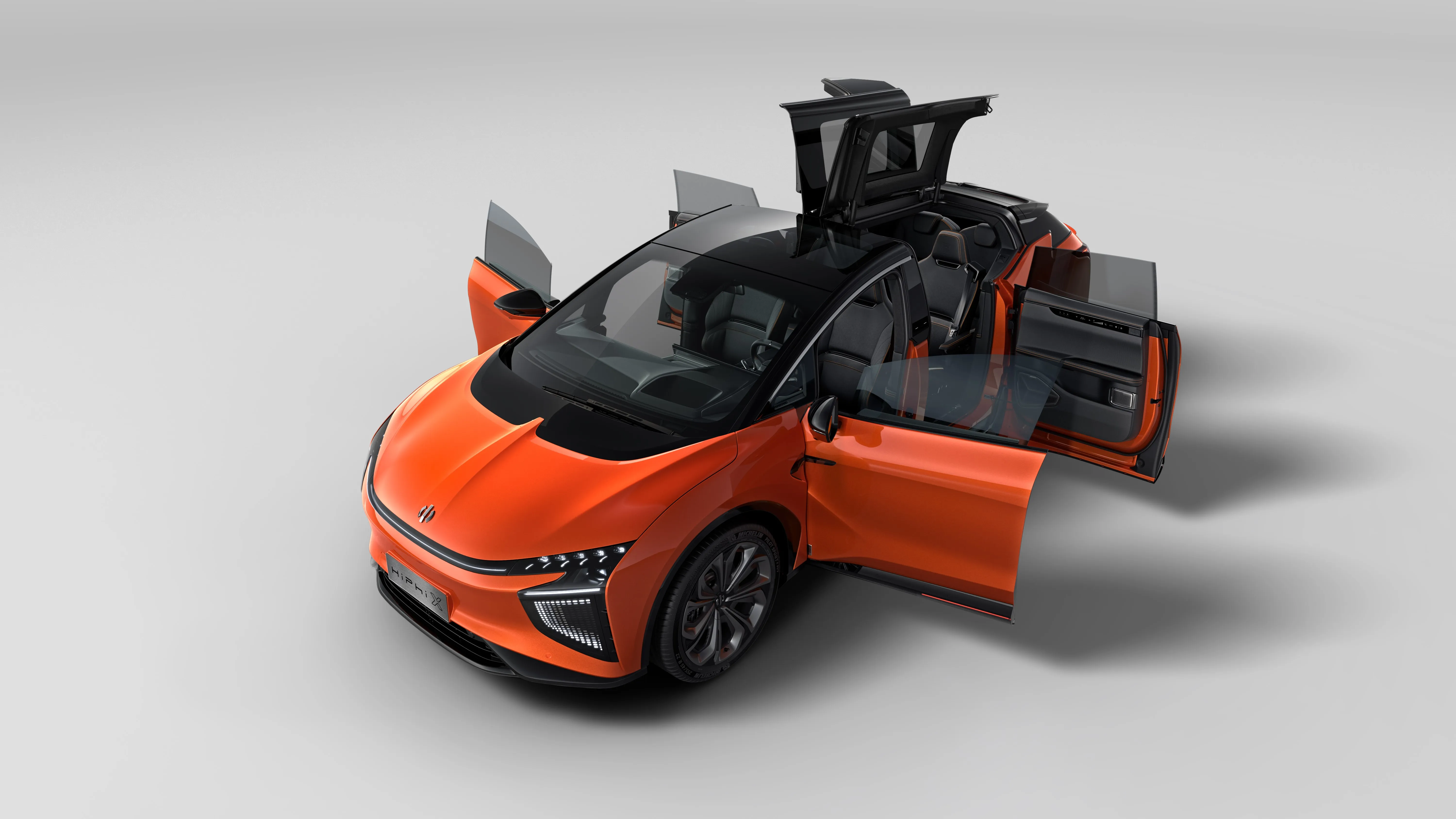Ford's research organisation will use Nokia's location platform to advance innovation for smart and connected vehicles, as demonstrated by the Ford EVOS concept car. Ford selected the platform to leverage Nokia's high-quality global location content, including the Navteq map, as well as scaleable cloud services and APIs. It is claimed this complete solution offers a fast, easy and cost-effective path to create innovative and differentiated location products.
June 27, 2012
Read time: 2 mins
RSS278 Ford's research organisation will use 183 Nokia's location platform to advance innovation for smart and connected vehicles, as demonstrated by the Ford EVOS concept car.
Ford selected the platform to leverage Nokia's high-quality global location content, including the295 Navteq map, as well as scaleable cloud services and APIs. It is claimed this complete solution offers a fast, easy and cost-effective path to create innovative and differentiated location products.
The Ford EVOS concept car showcases a future in which cloud services go beyond Internet access and traffic-enabled routing. For example, Ford's concept car actually ‘learns’ driver behaviour to control, improve upon and personalise vehicle performance. Another area of Ford's research is designed to optimise hybrid powertrain efficiency: the Nokia location platform could automatically regulate a car's powertrain as it travels through established or driver-specified ‘Green Zones’.
While the Ford EVOS is a concept car intended to show Ford's technology vision for the future and is not itself scheduled for production, it does give a glimpse of the technology being researched for future car models.
Ford selected the platform to leverage Nokia's high-quality global location content, including the
The Ford EVOS concept car showcases a future in which cloud services go beyond Internet access and traffic-enabled routing. For example, Ford's concept car actually ‘learns’ driver behaviour to control, improve upon and personalise vehicle performance. Another area of Ford's research is designed to optimise hybrid powertrain efficiency: the Nokia location platform could automatically regulate a car's powertrain as it travels through established or driver-specified ‘Green Zones’.
While the Ford EVOS is a concept car intended to show Ford's technology vision for the future and is not itself scheduled for production, it does give a glimpse of the technology being researched for future car models.










